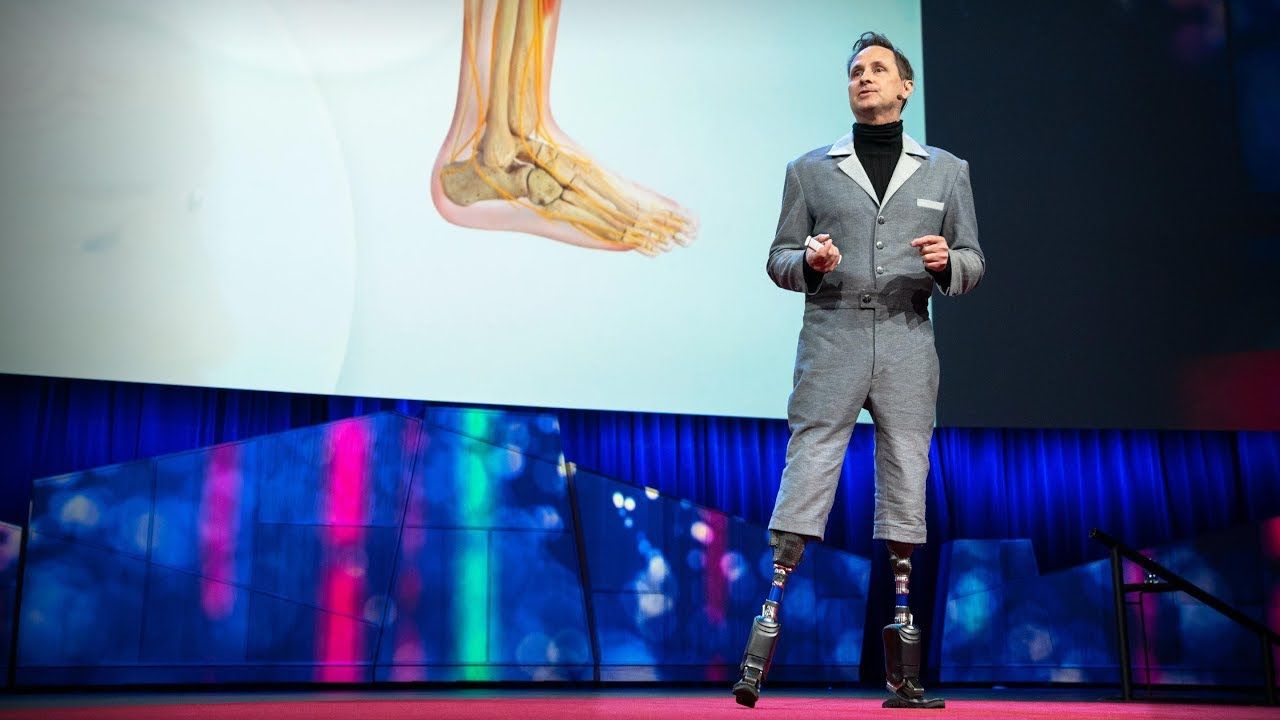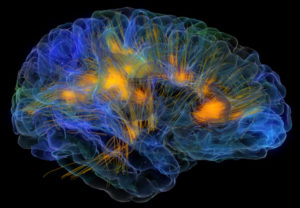Archive for the ‘biological’ category: Page 180
Jul 28, 2018
The Human Advantage Over AI — Artificial Intelligence
Posted by Dave Holt in categories: biological, mobile phones, robotics/AI

Be sure to check out Ruby® Receptionists. They are the only virtual receptionist service dedicated to creating personal connections with your callers—building trust with every call and increasing the likelihood you’ve secured a customer for life. Why not stabilize your receptionist position with an outstanding virtual service. You can also try out Ruby® Receptionists and save $75 off their first full month’s invoice by clicking on the link!
https://bit.ly/2lDMR0T
“Artificial Intelligence is not just a large part of a technological revolution, it’s a major part of a human evolution of going beyond the limits of an environmentally programmed human biological operating system.”
Continue reading “The Human Advantage Over AI — Artificial Intelligence” »
Jul 27, 2018
Dr. Aubrey de Grey – SENS Research Foundation
Posted by Steve Hill in categories: biological, life extension, robotics/AI
It’s almost the weekend and what better way to celebrate than a nice long interview with one of the Heroes of aging research? Today we bring you a mega-interview with Dr. Aubrey de Grey.
Today we have an interview with Dr. Aubrey de Grey from the SENS Research Foundation. This interview conducted by Yuri Deigin was originally published in Russian language and he has kindly translated it into English so our audience can enjoy it too.
Yuri: Aubrey, thank you very much for agreeing to this interview. Why don’t we dive right in? I am sure everybody asks you this: how and when did you become interested in aging, and when did you decide to make it your life’s mission to defeat it?
Continue reading “Dr. Aubrey de Grey – SENS Research Foundation” »
Jul 7, 2018
What will humans look like in a million years?
Posted by Amberley Levine in categories: biological, cyborgs, evolution

To understand our future evolution we need to look to our past.
Will our descendants be cyborgs with hi-tech machine implants, regrowable limbs and cameras for eyes like something out of a science fiction novel?
Continue reading “What will humans look like in a million years?” »
Jul 7, 2018
Bioquark Inc. — WiseChase TV — Ira Pastor
Posted by Ira S. Pastor in categories: aging, bioengineering, biological, biotech/medical, business, DNA, finance, futurism, genetics, health
Tags: Alzheimer's, anti-aging, bioquark, biotech, cancer, health, longevity, Neurology, reanima, regenerage, wellness
Jul 7, 2018
Bioquark Inc. — Funky Thinkers Podcast — Ira Pastor
Posted by Ira S. Pastor in categories: aging, bioengineering, biological, biotech/medical, DNA, futurism, genetics, health, life extension, transhumanism
Jul 4, 2018
The momentous transition to multicellular life may not have been so hard after all
Posted by Shailesh Prasad in category: biological
Jul 2, 2018
Why Space Warfare is Inevitable
Posted by Klaus Baldauf in categories: biological, cybercrime/malcode, geopolitics, military, space, treaties
There is increasing chatter among the world’s major military powers about how space is fast becoming the next battleground. China, Russia, and the United States are all taking steps that will ultimately result in the weaponisation of space. Any satellite that can change orbit can be considered a space weapon, but since many of the possible space-based scenarios have yet to occur, cybersecurity experts, military commanders, and policymakers do not fully understand the range of potential consequences that could result.
During the Cold War, the Soviet Union was interested in paralysing America’s strategic forces, strategic command, and control and communications, so that its military command could not communicate with its forces. They would do so by first causing electromagnetic pulse (EMP) to sever communication and operational capabilities, and then launch a mass attack across the North Pole to blow up US Intercontinental Ballistic Missiles (ICBMs).
In 1967, the US, UK and Soviet Union signed the Outer Space Treaty, which was either ratified by or acceded to 105 countries (including China). It set in place laws regarding the use of outer space and banned any nation from stationing nuclear warheads, chemical or biological weapons in space. However, the Treaty does not prohibit the placement of conventional weapons in orbit, so such weapons as kinetic bombardment (i.e. attacking Earth with a projectile) are not strictly prohibited.
Jul 2, 2018
Becoming a Cyborg: From Disabled to More-Than-Able
Posted by B.J. Murphy in categories: biological, cyborgs

In the famous sci-fi TV show Battlestar Galactica, John Cavil, a Cylon that appeared human, went on an epic rant that forever changed my perception of biology and my own biological substrate.
MIT rockstar Hugh Herr delivers another TED talk, only this time revealing a major breakthrough that’ll unleash a brave new future of cyborgs!
Continue reading “Becoming a Cyborg: From Disabled to More-Than-Able” »
Jun 20, 2018
The Limits of Neuroplasticity in the Brain
Posted by Nicholi Avery in categories: biological, neuroscience, science
New research shows that the brain‘s neuroplasticity isn’t as flexible as previously thought.
One of the brain’s mysteries is how exactly it reorganizes new #information as you learn new tasks. The standard to date was to test how neurons learned new behavior one #neuron at a time.
Carnegie Mellon University and the University of Pittsburgh decided to try a different approach. They looked at the population of neurons to see how they worked together while #learning a new behavior. Studying the intracortical population activity in the primary motor cortex of rhesus macaques during short-term learning in a brain–computer interface (BCI) task, they were able to study the reorganization of population during learning.
Continue reading “The Limits of Neuroplasticity in the Brain” »













